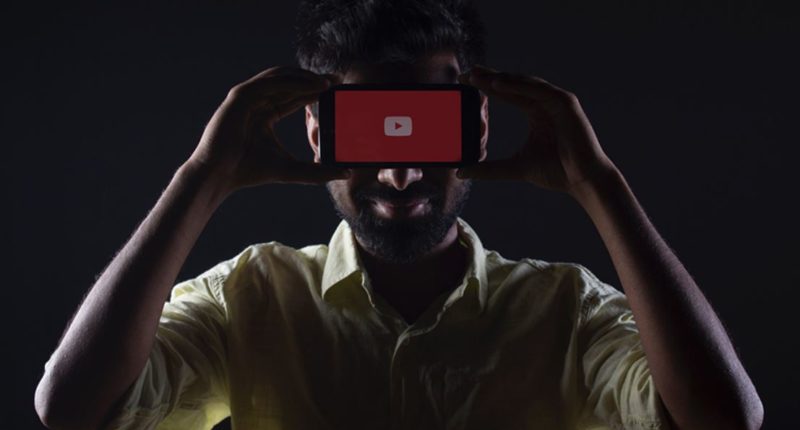YouTube, the world’s most popular video streaming platform with over 2 billion users, has evolved a lot since its launch in 2005. While the platform is a great tool for educators and an entertainment tool for millions of users, it has its own share of controversies.
Some of the YouTube moderators, on the condition of anonymity, have disclosed the biased nature of this platform, in an interview with The Washington Post. Though YouTube assures its users that it is intolerant against videos that are considered harmful to the public, some of its moderators have confirmed that the does bend its guidelines and policies for YouTube stars who generate considerable revenue for the platform.
YouTube generates revenue by placing ads on videos while giving a fair share of this revenue to the video creator i.e. the person who runs the channel. In case a creator violates its guidelines, that person is deprived of the revenue on that video. Videos that promote hateful or inappropriate content get removed. In extreme cases, YouTube updates its guidelines to cope with highly controversial cases.
But the eleven moderators who have spoken to The Post believe that popular YouTube creators often receive “special treatment in the form of looser interpretations of YouTube’s guidelines prohibiting demeaning speech, bullying and other forms of graphic content.”
The year 2018 began with a highly controversial video that led to massive public outrage. This video was uploaded by Logan Paul, who has around 19 million subscribers and showed a person who had committed suicide in Japan’s Aokigahara (suicide forest). He even went as far as to make fun of that dead person. His video was immediately removed and YouTube suspended revenues on his videos after severe criticism over social media. But after two weeks, the platform revoked its actions and allowed him to monetize his videos. He even monetized his apology video.
One of the moderators, noting the Logan Paul case, said, “You’re told you have specific policies for monetization that are extremely strict. And then Logan Paul broke one of their biggest policies and it became like it never happened.”
YouTube’s biggest stars, namely, Shane Dawson, PewDiePie, Jake paul, Steve Crowder and a few beauty vloggers among many others have violated numerous such guidelines, yet strict actions weren’t taken against them. Moderators who spoke to The Post said that they rate videos internally using criteria that focus on advertisers and not viewers. “Our responsibility was never to the creators or the users — it was to the advertisers,” the moderator said.
The YouTube moderators told The Post that the frequent changes in policies created a disorganized and stressful environment, and made the contents in the policy difficult to comprehend and act on.
YouTube has denied all these allegations from its past moderators. In a press statement last year, the company had said, “We have strict rules on what’s allowed, and a system that enables anyone who sees inappropriate content to report it to our 24/7 review team and have it dealt with promptly. We educate our community on the rules and include a direct link from every YouTube page to make this process as easy as possible for our users.”
The Tech Portal is published by Blue Box Media Private Limited. Our investors have no influence over our reporting. Read our full Ownership and Funding Disclosure →






